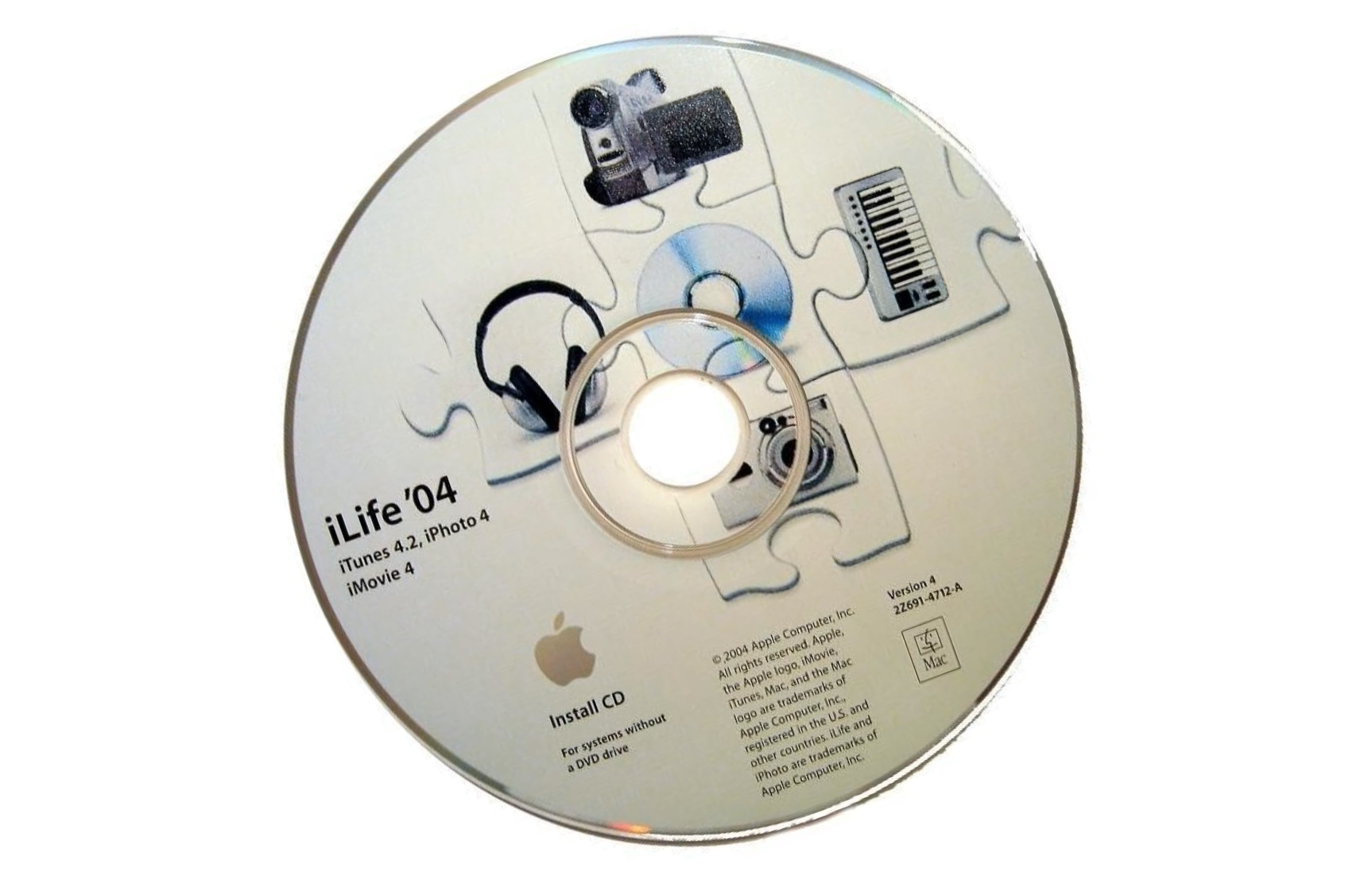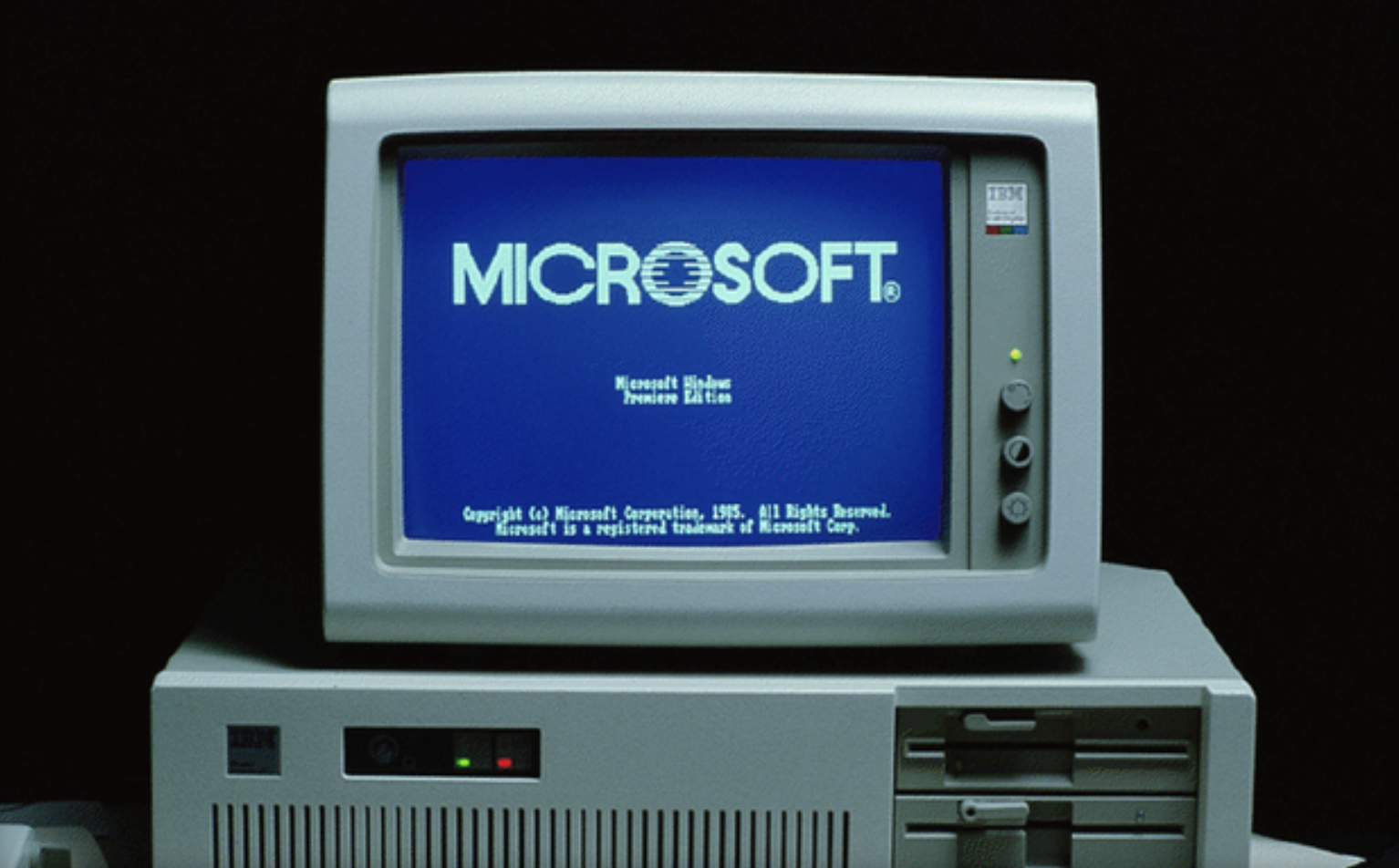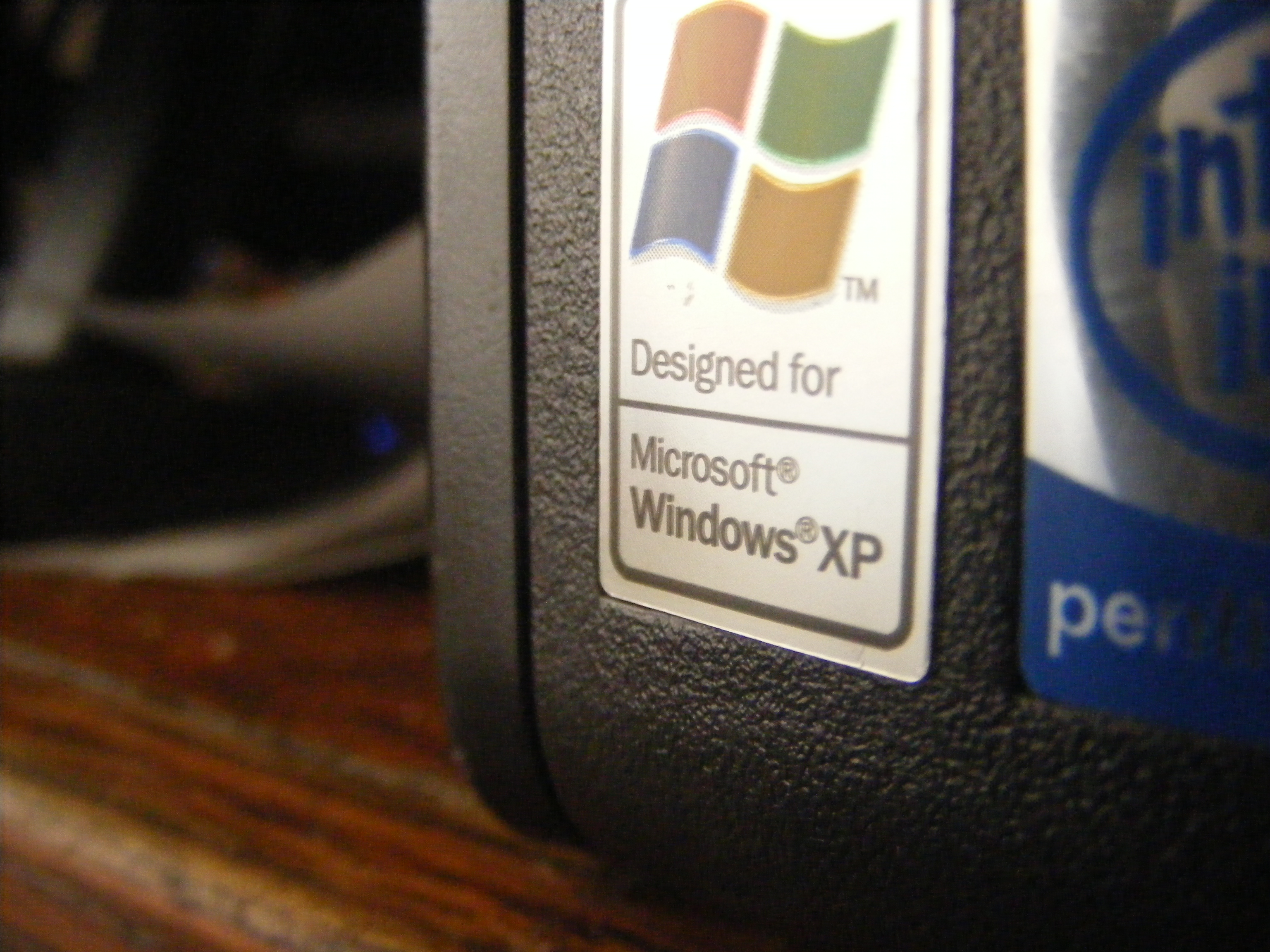I want to take a look at just one of the ways Apple, with its puny computer marketshare, out-markets Microsoft. It’s all in the presentation.
Gander at these two websites: Apple’s iLife `04 and Microsoft’s Plus! Digital Media Edition. Each site hawks the respective company’s digital media suite. But, Apple does a much better job making its product enticing. [Update: 10/2009: Links removed because the original websites are gone.]








